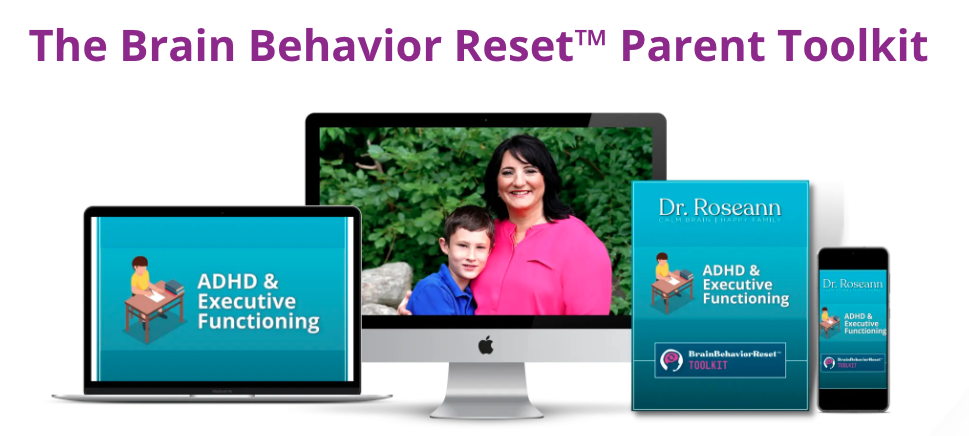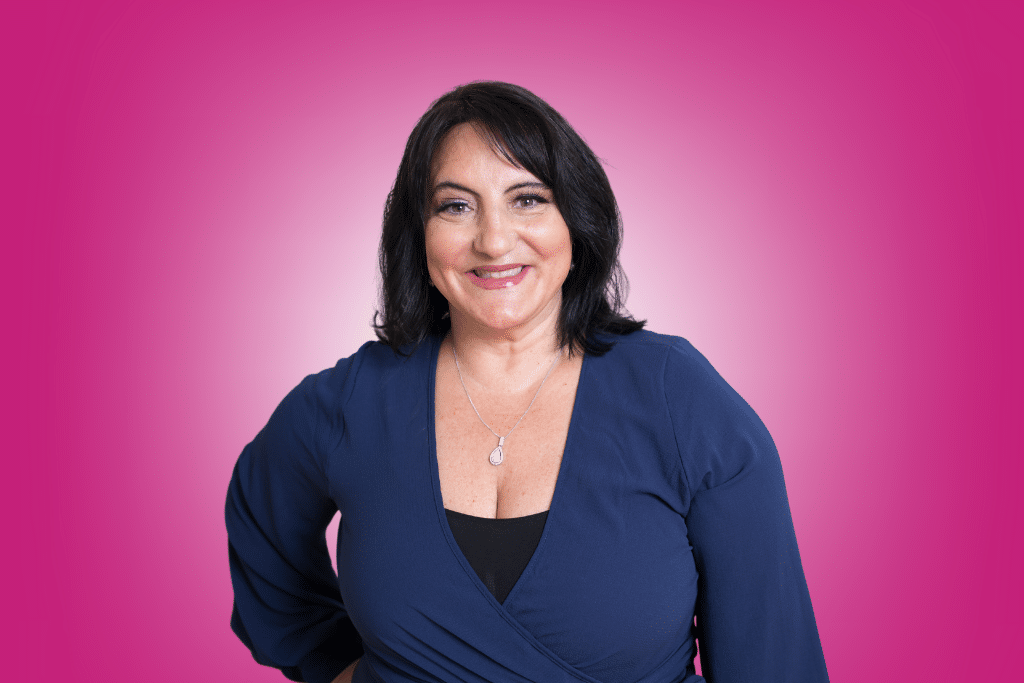Being organized and having a structure is beneficial even in daily activities that you do such as starting tasks and using up your working memory and this is what executive functioning is all about.
As emphasized even in our previous episodes, we’ve said that it’s a must for us to maintain our healthy brain and make sure that there’s a healthy balance of neurotransmitters that would help us process information easier and faster.
Let’s dive into the topic of executive functioning and know more about how this affects our kids’ mental health.
What is executive functioning?
Sometimes, the brain automatically maps out a big picture where all these pieces fit in; it organizes the ideas altogether. This comes in handy especially during brainstorming with others and they’re not too organized. And so, it’s important to gather information, structure these ideas, and organize them accordingly to make an outcome.
We also have to talk about the foundational and advanced components when we talk about executive function. It can be impacted by ADHD, autism, OCD, pan's pandas, anxiety, depression, and dyslexia. In fact, dyslexia usually gets misdiagnosed with ADHD when they just have an executive functioning issue.
There’s this foundational skill called response inhibition which pertains to your self-control. You're able to control your responses and you're able to think things through without being impulsive. If we don't have that, nothing is going to be built.
That’s why this is a foundational skill. It also includes working memory, emotional control, flexibility, sustained attention, and starting tasks.
Why do kids struggle with mental health?
Kids suffering from anxiety, depression, OCD, or other mental health conditions, tend to be unfocused and inattentive. It’s like they’re not there when you’re talking to them. And so, sometimes, parents have a hard time identifying what’s wrong with their kids. They still don’t know why their kids struggle with their mental health.
People with great executive functioning, however, are able to be focused and organized. They see results because of their foundational and advanced components.
Parents, like caregivers, always have the power to help improve their kid’s mental health condition and behavior. Never give that power to anybody else whether it’s a doctor or other professionals. The control is all in your hands and you have to take better care of it by fully utilizing the tools and resources that you learn from this podcast.
How to build your executive functioning and how does it differ from attention?
We’re all about achieving a calm brain and a happy family. And so, it’s great seeing families creating a different life and being happier. That’s why it’s important for us to have good executive functioning and focused attention although those two concepts are not the same.
It's all about seeing the expected outcome that we’ve set and what we need to do for our kids. Working memory just doesn’t automatically pop up. For some, it works better than others. But these skills can be built just like a muscle.
Undoubtedly, if we’re not keeping our emotions and behaviors in check, and we’re not regulating our response inhibition, emotional control and real foundational skills, we're going to run into more problems. And when we think about the difficulties with task initiation, which is a common problem, switching gears transitioning can be a problem.
These skills are what makes executive functioning different from attention. It is a brain skill and these are skills outside of attention. And outside of these are skills that are outside of intelligence.
Kids with executive functioning issues start to show their difficulties when they have to manage a lot of tasks at once.
Initially, it’s difficult for us to identify if our kids have executive functioning issues especially when they are all layered together. We know that smarter kids can compensate better and are identified with these difficulties until later.
Kids with executive functioning issues start to show their difficulties when they have to manage a lot of tasks at once. It’s when they tap into their flexibility, which is a foundational skill, that you’ll notice that they’re having trouble switching between tasks.
This is also the reason why we saw everybody struggling during the pandemic. One minute, you’re making pancakes for everyone and the next moment, you have to attend to a business call, and then there’s homework you have to help your kid with.
We’re not superhumans. None of us should be too amazing at that. But with structure and organization, you’ll be much better at dealing with the pressure and everything else. It’s the same way with the brain.
What we have to do now is to make everything explicit and easier for our kids to understand. Let’s help them do better not just in school but also at home. Take note how executive functioning is going to open up your mind and help you understand that your kid isn't lazy.
These kids struggling with executive functioning are not stupid and they’re not doing things on purpose. It's not like they can't listen. It's really more because of the brain. Thus, it’s necessary to help them enhance their capabilities and direct skill set teaching.
Links and Resources:
Is your child struggling with attention and executive functioning skills? Learn how to get your kid to listen and finish tasks in 30 days without the constant nagging and fighting. Get the Dr. Roseann's Parenting Toolkit for only $47 today!
➡️ Join our FREE Natural Parenting Community to receive science-backed resources for your child and family. Join here.
➡️ Get help from Dr. Roseann and her team. Apply here.
➡️ “Is it ADHD or something else?” Take the quiz.









